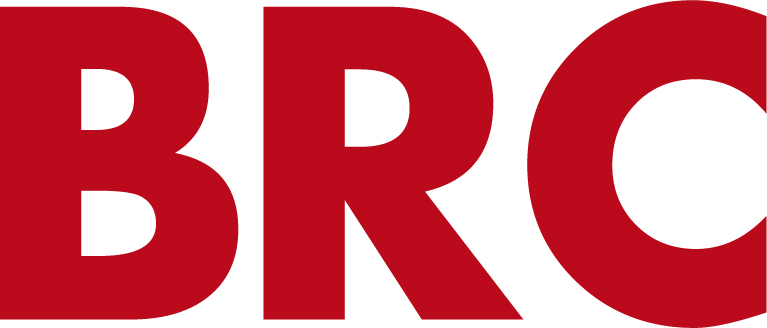Danielle Macario, Ph.D.
Affiliated Board Member,
Schulman Associates
Ashutosh Sabharwal, Ph.D.
Professor of Electrical and Computer Engineering,
Rice University.
The growth of home use devices is opening new opportunities for today's medical community. As diagnosis and treatment pathways improve, more patients live with chronic conditions that less frequently require treatment at professional healthcare facilities. The convenience and relatively low cost of home treatments has lead to increased demand for effective and safe devices.
The FDA's approval is necessary for these devices to reach the market, and those that do not surmount that hurdle have no hope for success. Though the Agency's recent guidance document sets forth some of its key parameters, much uncertainty persists. Device developers, and providers, must address these sometimes vague guidelines as well as the risks created by less than absolute control of patient adherence.
Considering the interaction of these and other factors on healthcare delivery, how can one assess a home treatment product's viability for FDA approval? In this session, we aim to explore that question and share firsthand experiences that will shine some light on the process.
Dr. Macario received her Ph.D. in Biomedical Engineering as part of a joint program between Rutgers University and University of Medicine and Dentistry of New Jersey specializing in the field of Tissue Engineering. During her research, she formed a collaborative relationship with a medical device company, helping them to develop novel radiopaque polymeric stents. After graduation, she joined the Advanced Technologies group at Johnson & Johnson where she spent close to 5 years developing novel light therapy and microcurrent-based medical devices and running clinical studies to improve outcomes in the areas of wound healing, itch, inflammation, and pain. Dr. Macario joined Schulman Associates in 2013 and currently serves as an affiliated Board Member.
Ashutosh Sabharwal is the Professor of Electrical and Computer Engineering at the Rice University. His research interests are in two areas. First is the mobile communications. He is the founder of the WARP project, which is an open-source platform used in more than 125 organizations worldwide. WARP was commercialized by Rice students as a spin-off company Mango Communications. Second is the development of scalable technologies for next-generation healthcare delivery. In 2011, he founded the Scalable Health Initiative at Rice University. Our current research efforts are targeted towards innovations in respiratory health, children’s health and general population fitness. The initiative is dedicated to both research and its commercialization, supporting its members to launch new companies.












